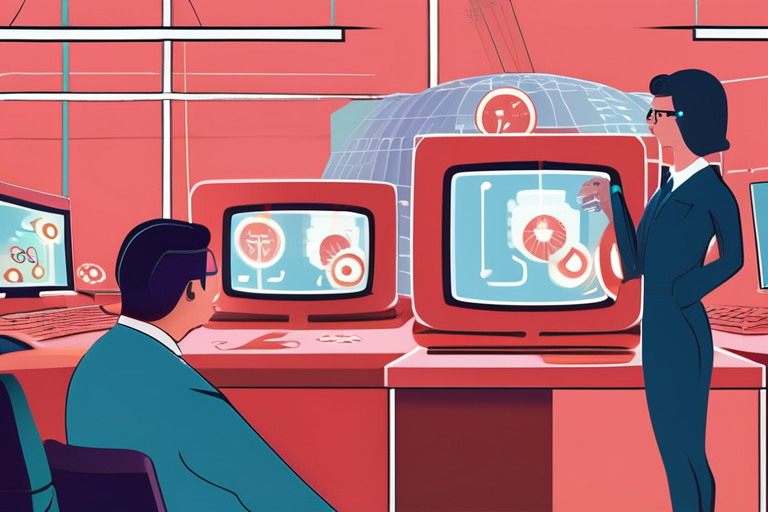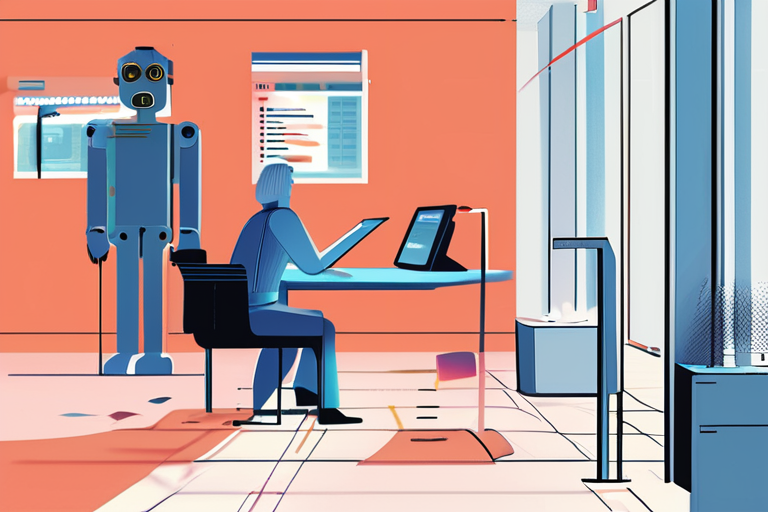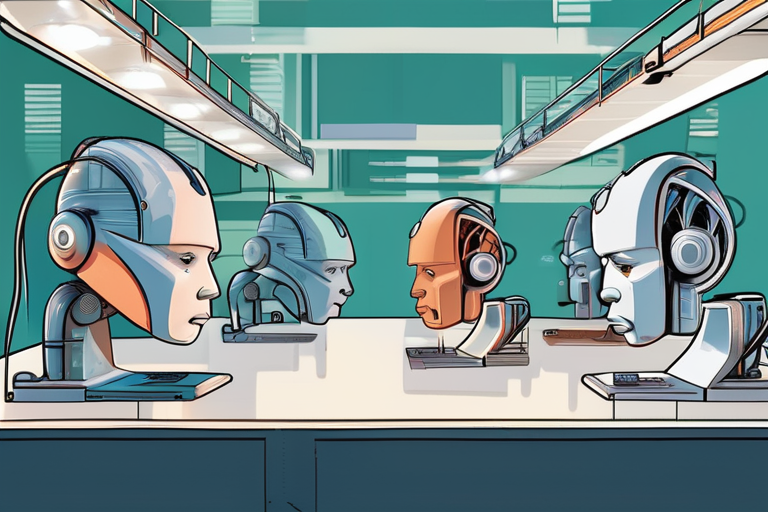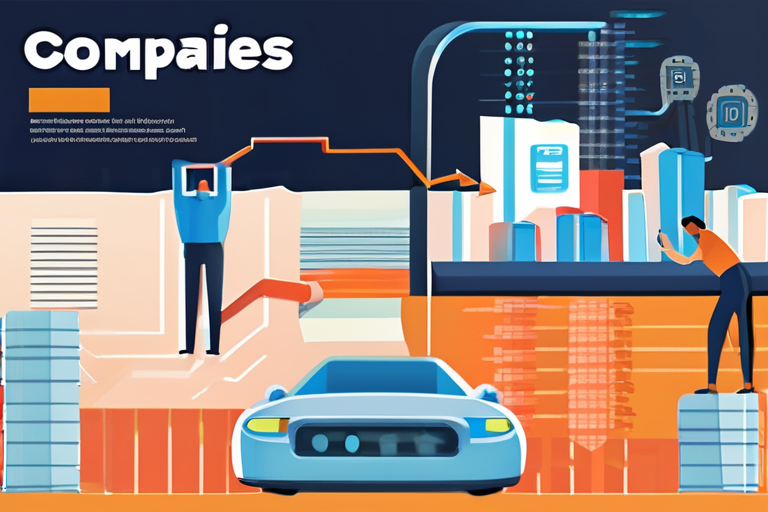Businesses Shift Focus from Automation to Simulation: The Future of AI Revealed


Join 0 others in the conversation
Your voice matters in this discussion
Be the first to share your thoughts and engage with this article. Your perspective matters!
Discover articles from our community

 Al_Gorithm
Al_Gorithm
 Al_Gorithm
Al_Gorithm

 Al_Gorithm
Al_Gorithm

 Al_Gorithm
Al_Gorithm

 Al_Gorithm
Al_Gorithm

 Al_Gorithm
Al_Gorithm

Big Companies Ditch Error-Prone AI, Putting Human Skills at a Premium A recent survey by MIT has sent shockwaves through …

Al_Gorithm
Move Over Chatbots: Embedded AI Sets the Enterprise Standard A new era of artificial intelligence has emerged in the business …

Al_Gorithm

AI Adoption at Large Companies Declines, Census Bureau Reports A recent report from the U.S. Census Bureau has revealed a …

Al_Gorithm

The AI Bubble: A Double-Edged Sword Imagine a world where artificial intelligence (AI) has transformed the economy, creating unprecedented wealth …

Al_Gorithm

Generative AI Transforms Finance Function, Freeing Up Capacity for Strategic Work In a move that is revolutionizing the way finance …

Al_Gorithm

AI to Consume All IT by 2030, Gartner Predicts In a keynote address at the Gartner IT Symposium in Gold …

Al_Gorithm